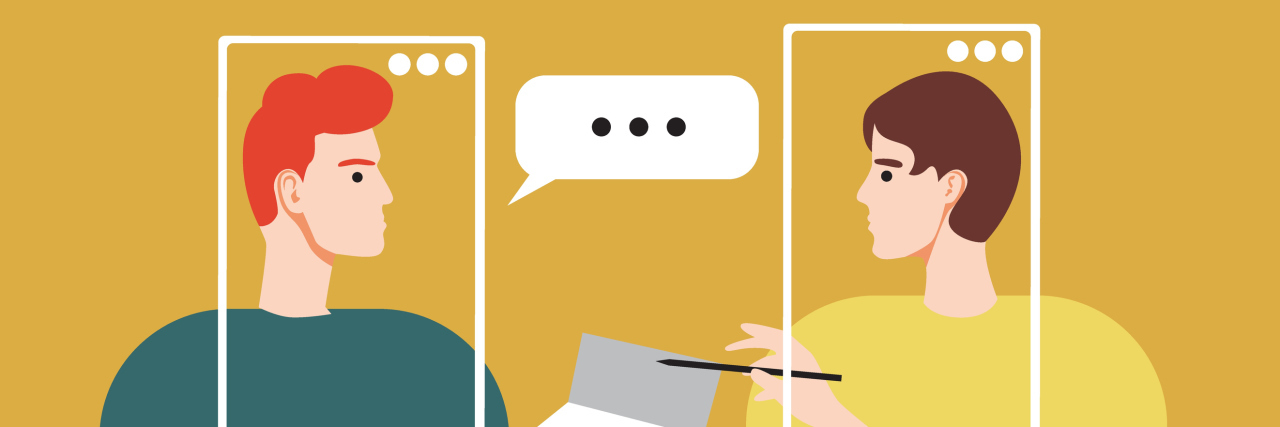Telehealth has benefited millions of Americans since the start of the COVID-19 pandemic. With the threat of infection ever present, it’s no surprise telehealth has experienced a significant boom since 2020.
This boom has led some individuals seeking appointments to ask, “If I can access telehealth from any doctor in the U.S. technically with the click of a button, does it matter if that doctor doesn’t live close to me?”
It legally matters a lot, causing millions of healthcare practitioners, hospitals, and other care facilities to examine the finite details of the legality of telehealth.
Several states in the U.S. and the Centers for Medicare and Medicaid Services temporarily waived rulings that required licensed care practitioners to hold a valid license in the state in which their patient is living. Given the pandemic in its early stages, this was a critical step in the right direction.
Now, those rulings are starting to come back.
Johns Hopkins Medicine in Baltimore, Maryland alerted over 1,000 Virginia residents their telehealth appointments are “no longer feasible” since the emergency orders are either expiring or are in the process of being rolled back in 2021.
The Alliance for Connected Care is an organization whose goal is to “create a statutory and regulatory environment in which every provider in America is permitted to deliver and be adequately compensated for providing safe, high quality care.” According to the group’s tracker available online, as of July 19, 2021, 30 states and the District of Columbia have ended their emergency declarations. Twenty-one states still have their declarations in place with 17 of that number having licensure flexibilities included in their emergency declarations. The tracker details exactly what executive order was issued, what the state’s expanded insurance coverage includes, the specific area of health care it includes, and other critical information for potential telehealth patients seeking health care.
With these licensure expansions coming to an end, state medical boards, health insurance companies, telehealth psychiatric care companies, and more will be forced to reexamine their policies and coverage across stateliness.
For now, any doctor who needs to get an additional license to offer telehealth in a particular state must submit applications in every state where their patients are living, pay the application fees, submit the appropriate paperwork, and more.
There’s a lot to study here and even more to discuss in both insurance and health care facilities across America. The debate has already reached Congress in the TREAT Act which summary reads, “To provide temporary licensing reciprocity for telehealth and interstate health care treatment.”
Have you received telehealth care during the COVID-19 pandemic? Have you run into any of these legal snags along the way? Tell us about your experiences below.
Getty image by Viktoriia Miroshnikova

